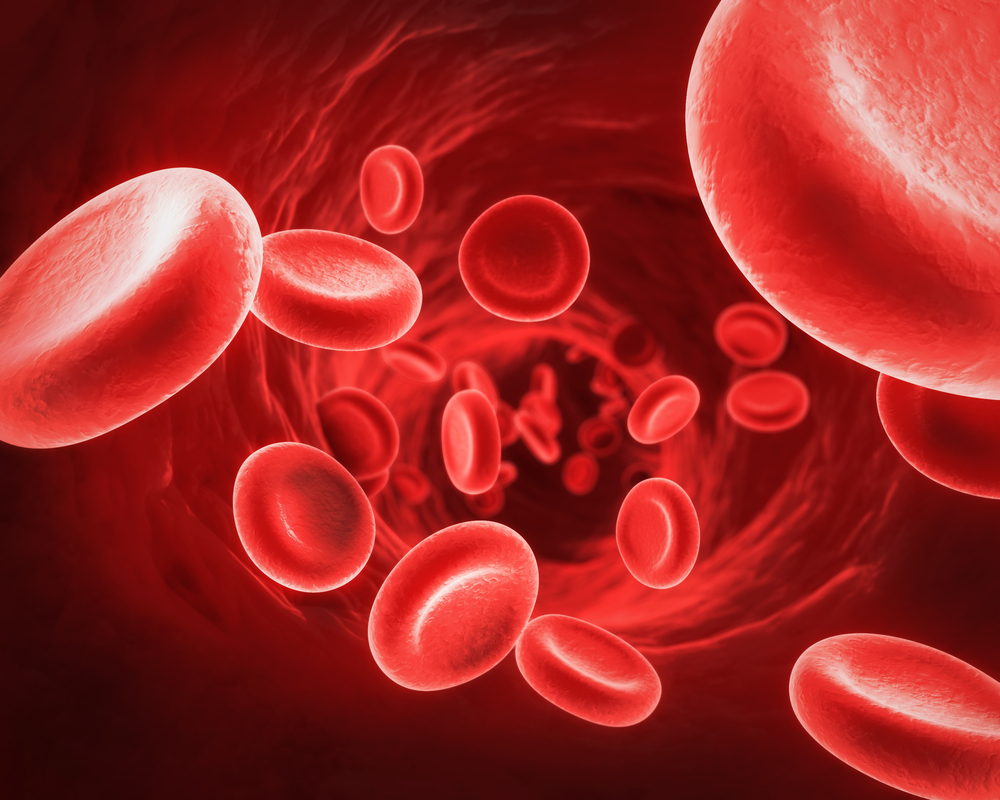Hemoglobin Variant A2 May Protect MS Patients Against Neural Injury
Written by |

Multiple sclerosis seems to be less severe in people with higher levels of the minor adult hemoglobin variant A2 (HbA2) in their blood, possibly because this variant works to protect and stabilize the membrane of red blood cells, according to researchers in Turkey.
The scientists speculate that HbA2 could play a role in reducing long-term neural injury in MS.
The findings were described in the study, “Higher minor hemoglobin A2 levels in multiple sclerosis patients correlate with lesser disease severity,” published in the journal Neuropsychiatric Disease and Treatment.
Red blood cell fragility, or the tendency of red blood cells to rupture under physical or chemical stress, is a well-established problem for people with MS. It is thought this increased fragility results in free-circulating hemoglobin (Hb) in the blood. Research has shown that free Hb disrupts the blood-brain barriers and causes iron deposition, lipid peroxidation, and perivascular inflammation, all contributing to the neurodegeneration that characterizes MS.
In adults, there are three variants of hemoglobin: major HbA, which constitutes 96% to 97% of all Hb in the blood, minor HbA2, which constitutes less than 3%, and fetal Hb, which constitutes less than 0.6% of blood hemoglobin. The exact biological role of HbA2 is not clear, although it is known that HbA2 increases the membrane stability of red blood cells.
The team, led by Dr. Meric A. Altinoz of the Department of Neurology at Bezmialem University in Istanbul, measured the levels of HbA2 in the blood of 146 MS patients, ages 17–65, who were admitted to the MS polyclinic at Bezmialem University Hospital between January 2014 and March 2015. The researchers then analyzed possible associations between HbA2 levels and MS Severity scores (MSSS).
They found that HbA2 levels negatively correlated with MSSS, and positively correlated with red blood cell counts, suggesting that reduced hemolysis (red blood cell rupture) reduces MS severity.
The authors speculate that HbA2 may reduce free Hb levels in the blood and has a protective effect against long-term neural injury in MS.


